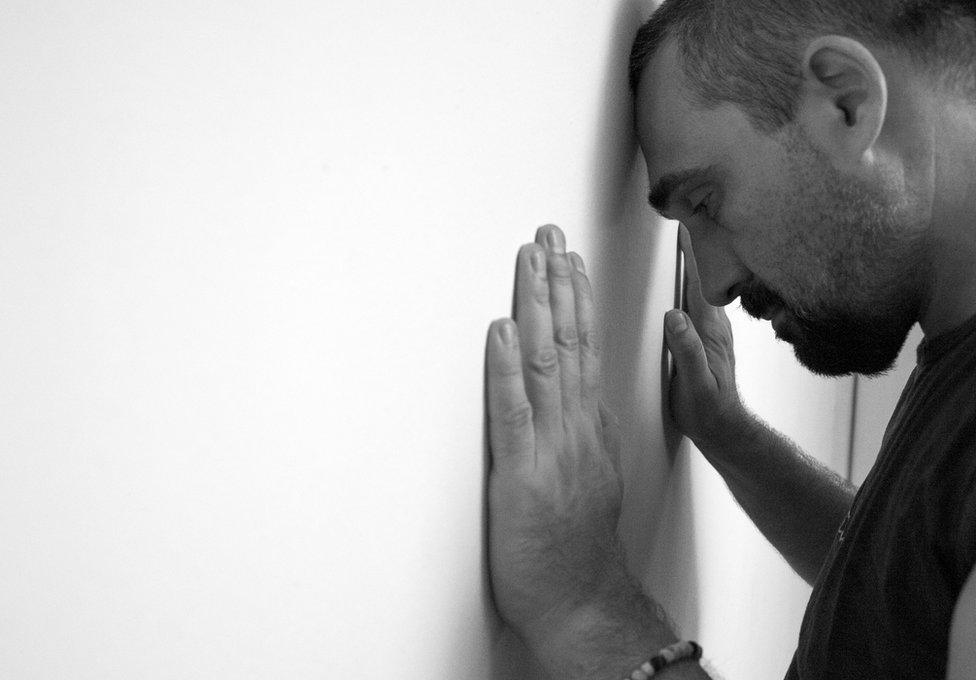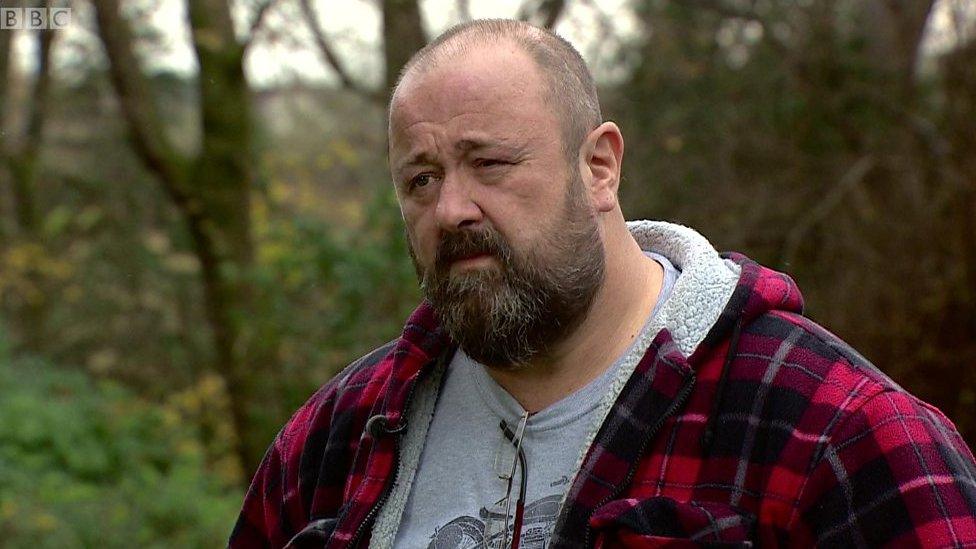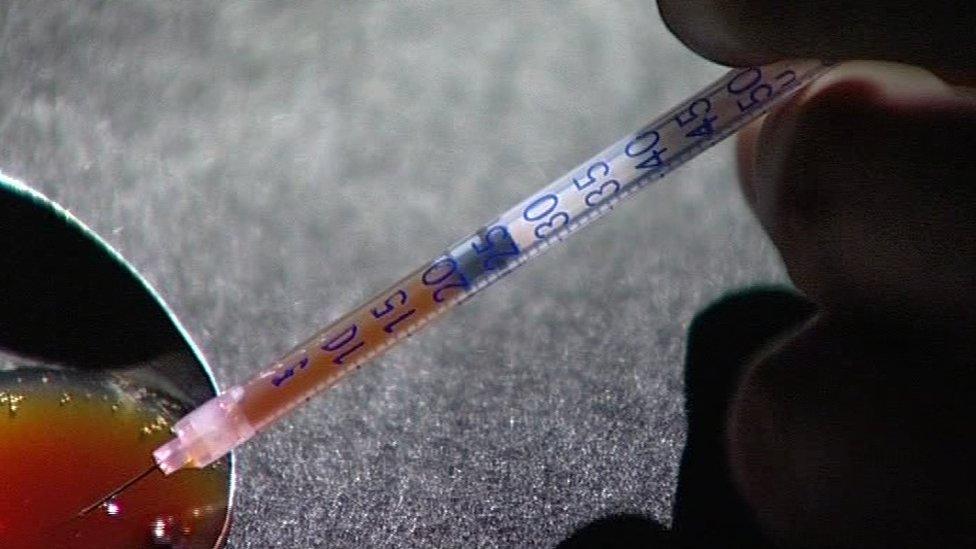Detox clinics putting patients at risk in England, regulator finds
- Published

People undergoing detox for alcohol or drug addiction are being put at risk by residential clinics in England - as a lot of the care provided is not safe or good quality, the regulator has found.
The Care Quality Commission based its findings on inspections, external of the 68 independent services over two years.
Nearly three-quarters were found to be failing in at least one of the fundamental standards of care.
The regulator said detoxification can be "difficult, unpleasant and risky".
Last year more than 2,600 people underwent medical detox in a residential rehabilitation service in England - about 1% of the total number being treated for drug and alcohol addiction.
Lasting around five to 10 days, detox can involve fits and hallucinations, as well as a risk of suicide or painkiller drug overdose.
Given this, Dr Paul Lelliott, from the CQC, said he was "deeply concerned" because many of the providers of these services in England are not following national clinical guidelines.
Safe care and treatment was where the most breaches were found, with 63% of clinics not meeting this standard when they were first inspected.
Staff were also handling medications incorrectly, administering drugs such as methadone and paracetamol without the right training or too often.
Many clinics were also not assessing safety risks before patients were admitted or following national guidance on how to treat people in withdrawal.
For example, in at least one case, the CQC found staff didn't plan how they would manage a person's epileptic fits during their withdrawal, despite knowing they were at risk of having seizures.
Many staff were also not given full employment checks or sufficient training.

Dr Lelliott said: "While we have found some services that are providing good care and we are beginning to see improvements, all providers need to review their practice so that we can be assured that they are delivering safe and effective care.
"Detoxification under clinical supervision is often the first stage of a person's addiction treatment. It can be a difficult, unpleasant and sometimes, risky experience. It is vital that providers get this right to support people's onward rehabilitation and recovery."
Four of the services are no longer operating.
Getting recovery on track
Rosanna O'Connor, at Public Health England, said: "While residential detox makes up a small part of the overall treatment system, seeing about 1% of all in treatment, they do have a vital role.
"It's crucial these services are in line with best practice, as the clinical guidelines on drug treatment clearly set out.
"This helps ensure not only safety but gives some of the most vulnerable and disadvantaged people the best chance of getting their recovery on track."
The CQC now plans to rate the other independent services that treat people for substance misuse.
Prof Colin Drummond, of the Royal College of Psychiatrists, said the report "shows systemic failings in the way these services are provided and that people undergoing detoxification are being exposed to unnecessary risks".

Addiction: Where to get help?
There are numerous charities who can help with addiction including:

- Published17 November 2017

- Published29 October 2017

- Published5 October 2017

- Published15 July 2017
